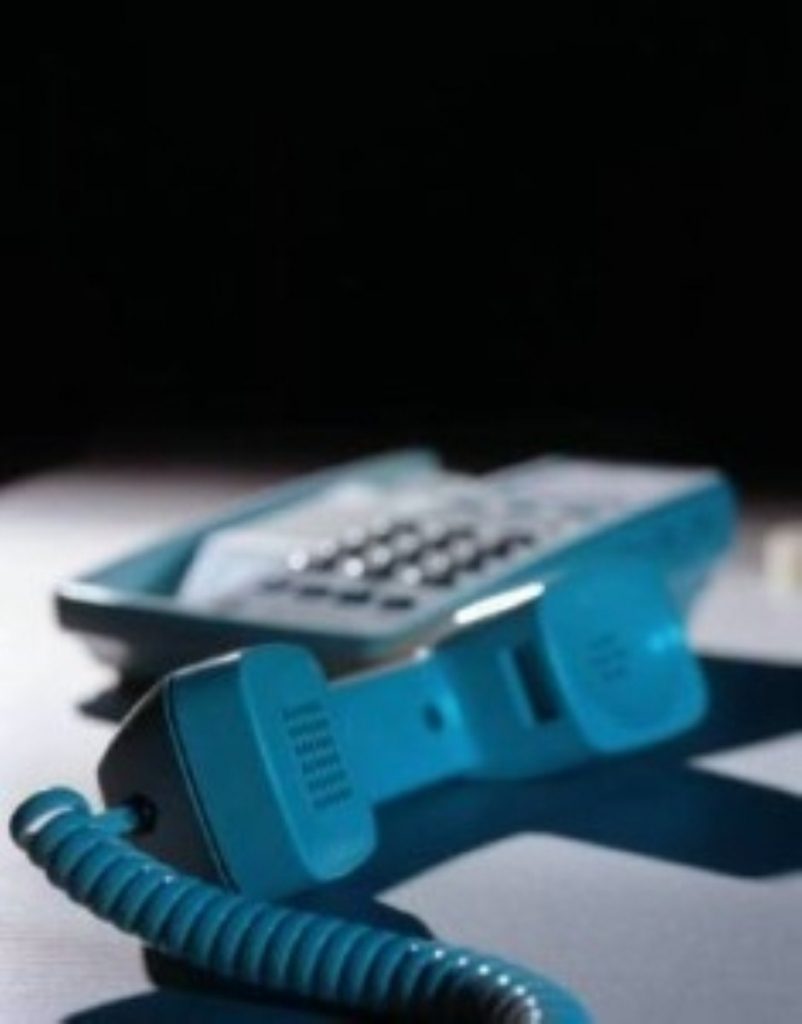Spy watchdog defends phone-tap stance
The government’s spying watchdog has issued a warning against the use of phone-tap evidence in court, claiming it could compromise the work of the country’s secret services.
The interception of communications commissioner Sir Swinton Thomas has called for the government to stand up to mounting pressure over allowing evidence acquired from phone-tapping operations to be used in court.
The UK is one of the few Western nations where such evidence is inadmissible in court, but there are some groups who feel it is needed to make it easier to convict terrorists and serious criminals.
Home secretary Charles Clarke has so far refused to bow to such pressure, and Sir Swinton Thomas’s support, voiced off the back of his annual report, should bolster Mr Clarke’s position.


Sir Swinton said: “I am left in no doubt that the balance falls firmly against any change in the present law and that any amendment … would, overall, be damaging to the work of the security, intelligence and law enforcement agencies.”
“I continue, of course, to have an open mind on this subject if any major change should occur in the future,” he added.
The fear among the government’s security services is that if such evidence was to be made admissible in court, it would reveal their surveillance techniques, compromising their effectiveness.
Another reason for reluctance over changing phone-tapping legislation concerned the error-rate that was still rife in making applications to intercept phones and emails.
In his report, Sir Swinton described the number of mistakes and breaches as “unacceptably high”.
The commissioner’s report states that mistakes rose from six in 2004 to 45 this year, with most of the errors arising from applications to tap the wrong target number.












